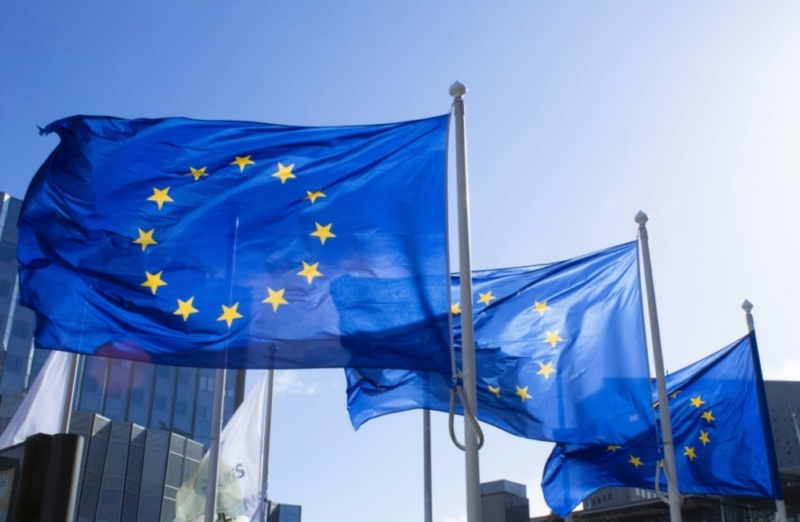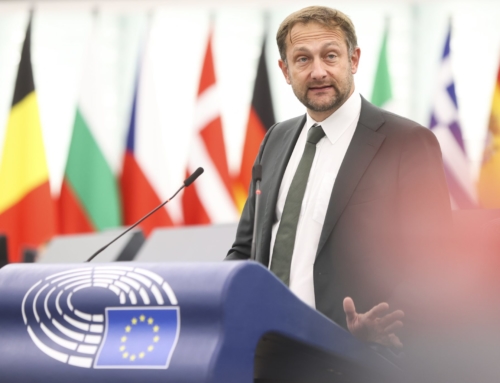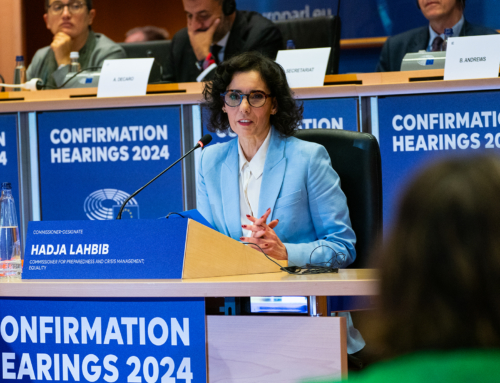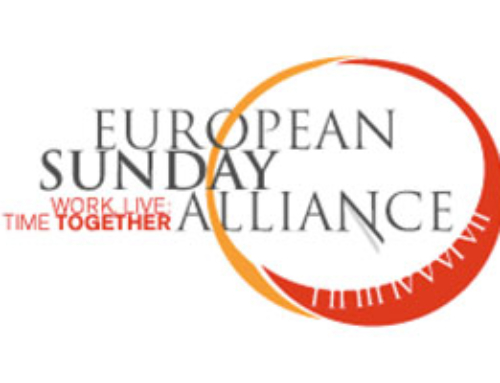Brussels, 13th June 2024
Today and tomorrow the Justice and Home Affairs Council will engage with matters including the protection of children, drug and human trafficking, temporary protection for people who have fled from Ukraine after the start of the war, and the adoption of a Schengen Declaration.
Today, the presidency reports on the progress achieved in the fight against drug trafficking and organised crime. It will also inform ministers about the state of play of a legislative proposal to combat child sexual abuse. Also on the agenda is a discussion about the extension of the temporary protection for persons having fled from Ukraine after the start of the war and the adoption of a Schengen Declaration.
Tomorrow, the first debate will relate to a proposed regulation that aims to facilitate the recognition in a member state of the parenthood of a child which has been established in another member state. The exchange will in particular address the recognition of surrogacy parenthood. In November 2023, FAFCE’s Board published a declaration on subsidiarity and parenthood recognition, warning that it violates the principle of subsidiarity by “circumventing Member States’ exclusive competence on family and parenthood matters.”
Vincenzo Bassi, President of FAFCE, said: “Every topic discussed by the Justice and Home Affairs Council concern the family. Drugs are a scourge for society, often leading to family breakdown, domestic violence, and loneliness. The trafficking of drugs and humans are connected, as they are both forms of organised crime at a global industry scale.
“We need an unequivocal unity across Europe in abolishing the use of surrogacy, which is a primary tool for human traffickers. It is a moral tragedy, both for the mother and the child who is separated from their mother. FAFCE calls for surrogacy to be treated as a form of exploitation and selling of children. Crucially, the Council must respect the principle of subsidiarity where countries have national competency for family law and parenthood.
“The war in Ukraine has not changed the country’s status as an international surrogacy hub, but greater humanitarian protection is still needed for people who have fled the conflict. FAFCE supports the many family networks who are at the forefront of welcoming Ukrainian refugees in their member state countries, providing them community in the face of loneliness, and hope in the midst of despair.”
FAFCE has long been a voice against surrogacy, as an industry in countries like Ukraine, but also as a violation of human dignity as expressed in our resolution from 2016.
FAFCE is part of the Casablanca Declaration campaign for the universal abolition of surrogacy. The Federation has welcomed moves towards including surrogacy as a form of human trafficking in a relevant EU directive.
Tomorrow, a second debate will address the proposed update of a directive from 2011 on combating the sexual abuse and sexual exploitation of children and child pornography.
Vincenzo Bassi, President of FAFCE, continued: “Pornography is an alarming public health issue. Children’s exposure to pornography is already a form of online sexual abuse that our societies are tolerating. Institutions and Member States must ensure that parents do not face obstacles in protecting their child from pornography. Families and networks of families must be recognised for the key role they play in combatting the consumption of pornography. Protections, along with deeper inclusion of family networks, will provide a bulwark against the loneliness and addiction that get exacerbated by this destructive industry.”
FAFCE works with the European Child Shield Platform which involves a range of organisations across Europe committed to digital safety, the protection of children, and raising awareness of the devastating impact of pornography. The Federation have also welcomed recent extensions of rules for the protection of minors online, calling for long-term commitments to digital safety for children.
At the Autumn 2023 Board Meeting, FAFCE published a resolution on Young people and mental health: families as their best allies, in which the damage of pornography was an important focus. On the topic, the resolution called on EU Member States to:
- Recognise digital addictions as a potential source of mental health disorders in children and youth; establish and implement targeted policies to combat the specific impact of digital addictions, drug abuse and addiction;
- Take legislative action against oversexualization of content online and in advertisement, particularly depicting children; coordinate EU Member States to collect all data regarding pornography production and consumption trends by both minors and adults, and launch an impact assessment on the contribution of online pornography to the creation of harmful stereotypes, criminal behaviour and mental health disorders; initiate discussions on the implementation of an EU-wide ban on the access of children to online pornography.
What is the Justice and Home Affairs Council
The Justice and Home Affairs (JHA) Council develops consensus policies on a range of cross-border issues under the goal of freedom, security and justice within the European Union. Comprised of justice and home affairs ministers from all EU member states, the JHA Council usually meets every three months to hear reports from the presidency of the European Council of the European Union (currently Belgium until July) on relevant policy areas. The JHA Council then adopts conclusions on the basis of those updates which informs the path of those policies.









